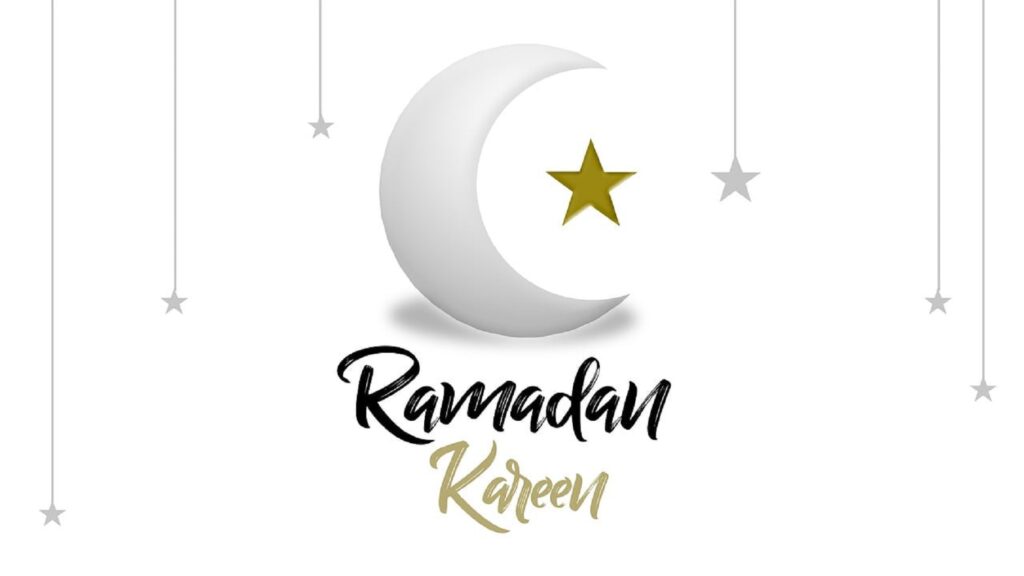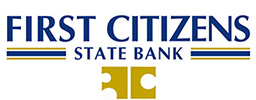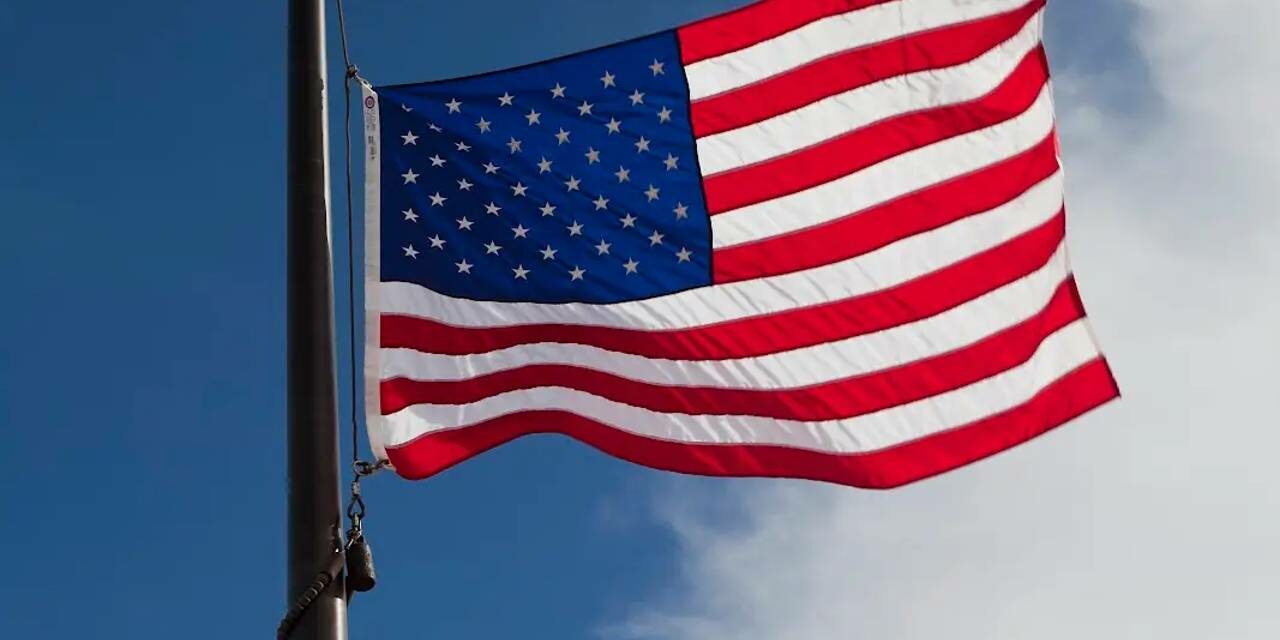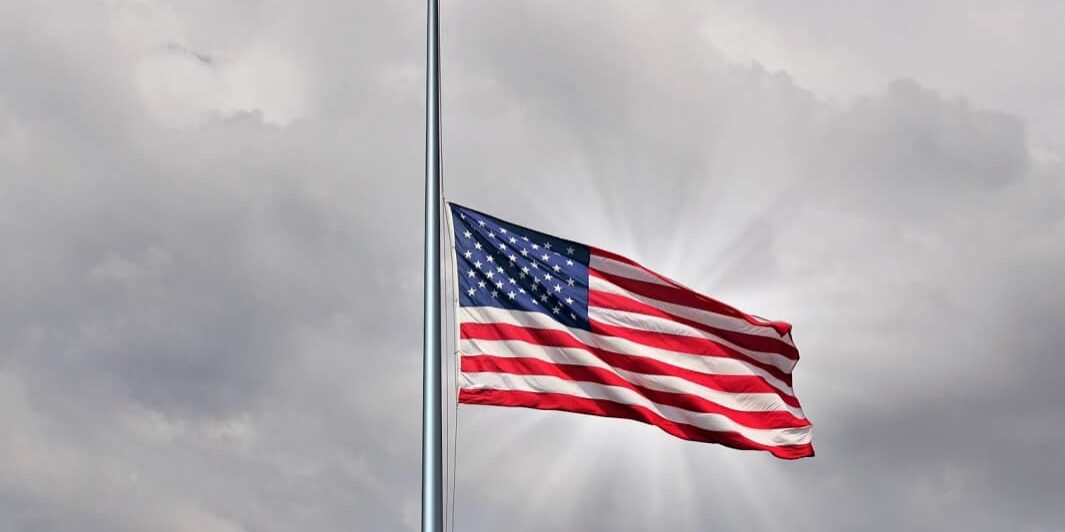
Each year, millions of Muslims begin fasting from sunrise to sunset and engage in activities that challenge their self-restraint and bring them closer to God.
This year, Ramadan began on the night of Sunday, March 10, with fasting starting the next morning on Monday. [From USA Today]
Ramadan (Arabic: رَمَضَان, romanized: Ramaḍān [ra.ma.dˤaːn];[a] also spelled Ramazan, Ramzan, Ramadhan, or Ramathan) is the ninth month of the Islamic calendar,[8] observed by Muslims worldwide as a month of fasting (sawm), prayer (salah), reflection, and community.[9] A commemoration of Muhammad’s first revelation,[10] the annual observance of Ramadan is regarded as one of the Five Pillars of Islam[11] and lasts twenty-nine to thirty days, from one sighting of the crescent moon to the next.[12][13]
Fasting from dawn to sunset is obligatory (fard) for all adult Muslims who are not acutely or chronically ill, travelling, elderly, breastfeeding, diabetic, pregnant, or menstruating.[14] The predawn meal is referred to as suhur, and the nightly feast that breaks the fast is called iftar.[15][16] Although rulings (fatawa) have been issued declaring that Muslims who live in regions with a midnight sun or polar night should follow the timetable of Mecca,[17] it is common practice to follow the timetable of the closest country in which night can be distinguished from day.[18][19][20]
The spiritual rewards (thawab) of fasting are believed to be multiplied during Ramadan.[21] Accordingly, during the hours of fasting, Muslims refrain not only from food and drink, but also tobacco products, sexual relations, and sinful behavior,[22][23] devoting themselves instead to prayer and study of the Quran.[24][25] [From Wikipedia]
The Banner appreciates having permission to use the image above and on the homepage by Daniel Dan outsideclick from Pixabay.






















